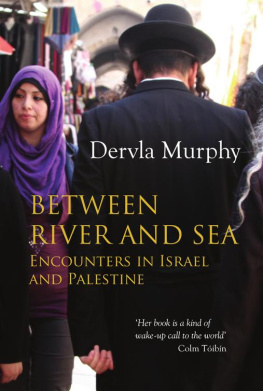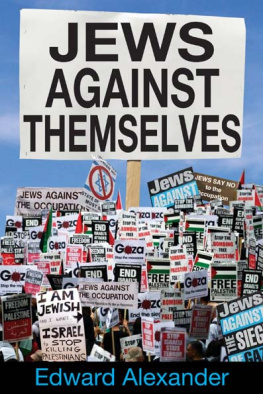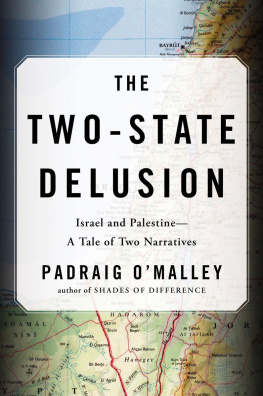The Case for Sanctions
Against Israel
Edited by Audrea Lim

London New York
THE CULTURAL BOYCOTT: ISRAEL VS. SOUTH AFRICA
Omar Barghouti
Just as we said during apartheid that it was inappropriate for international artists to perform in South Africa in a society founded on discriminatory laws and racial exclusivity, so it would be wrong for Cape Town Opera to perform in Israel.
Desmond Tutu, October 26, 2010
Since the great majority of Palestinian civil society issued its call for BDS against Israel in July 2005 to compel it to fulfill its obligations under international law, there has never been a period with as many BDS achievements as that following the Israeli massacre in Gaza in the winter of 200809 and the bloodbath on the Gaza-bound Freedom Flotilla in May 2010. A long-dormant sense of international public outrage at Israels exceptional status as a state above the law, protected mainly by deep Western complicity, has been rudely awakened in reaction to these atrocities. People of conscience around the world seem to have crossed a threshold in challenging Israels impunity through effective pressure, rather than appeasement or constructive engagement. This has been most pronounced in the cultural field, where support for the 2004 call by the Palestinian Campaign for the Academic and Cultural Boycott of Israel (PACBI) has witnessed spectacular growth.
In 2009, USACBI, a US-based campaign for the academic and cultural boycott of Israel, was formed. More than 500 academics have endorsed its call, not to mention the hundreds of cultural figures who have also signed on.
Also in 2009, Boycott! Supporting the Palestinian BDS Call from Within (or Boycott from Within, for short) was established, and has played an indispensable role in advocating the cultural boycott of Israel among leading arts figures and bands around the world.
In October 2010, a Norwegian petition calling for an institutional cultural and academic boycott of Israel (in line with the PACBI principles) has gathered one hundred impressive signatoriesacademics, writers, musicians, other cultural workers, and sports celebrities.
Weeks earlier, the Indian Campaign for the Academic and Cultural Boycott of Israel had been launched, with the endorsement of some of Indias most famous writers and academics.
In November 2010, in a development that will be recorded as historic, artists in South Africa supporting the BDS call against Israel issued a declarationthe first national cultural boycott campaign against Israel.
Academic and cultural boycott campaigns have also spread to France, among other countries.
In the aftermath of the flotilla attack, best-selling authors like Iain Banks, Alice Walker, and Henning Mankell explicitly advocated the boycott against Israel, as did eminent scholar Ann Laura Stoler. have also heeded the boycott call and stayed away from Israeli festivals. John Greyson and Ken Loach have played a distinguished role in promoting the cultural boycott and popularizing its criteria and guidelines.
Support for BDS has also come from renowned authors and cultural figures of the caliber of John Berger, Roger Waters, Naomi Klein, Arundhati Roy, Judith Butler, Aharon Shabtai, Udi Aloni, Sarah Schulman, Angela Davis, Barbara Hammer, Pushpamala N., and Adrienne Rich.
In September 2010, in nothing less than a watershed in the cultural boycott, more than 150 mainstream US and British theater, film, and TV artists issued a statement,
This cherry-picking boycott of Israeli institutions based in colonies was initiated by some of the same figures in the Zionist left camp
CHALLENGES
Despite the spectacular spread of the cultural boycott of Israel, there have been some painful exceptions where the boycott picket line has been crossed.
In a well-publicized appeal
The controversy around this setback helped to expose the entrenched complicity of Israeli cultural institutions in covering up the states multi-tiered system of colonial oppression against the Palestinian people. Crucially, it also contributed to highlighting the moral obligation of international artists to refrain, at a bare minimum, from entertaining Israeli apartheid and colluding in Israeli attempts to whitewash its crimes with a thick, deceptive cover of artistic and scientific vibrancy. The intense debate in the media about this and similar violations of the boycott has significantly raised international awareness of the crucial role the cultural boycott played in the South African anti-apartheid struggle, and its expected role in the Palestinian struggle for self-determination, freedom, justice, and equality.
There were two immediate, noteworthy outcomes of this success of the BDS movement in tarnishing the Israel brand in the cultural field, despite the feverish efforts by Israel and its lobby groups to re-brand the state with an expensive PR campaign. First, an impressively growing number of well-known artists have started to turn down invitations to perform in Israel, despite being offered extreme, big numbers for their complicity with Israel by means of a visit to the Occupied Palestinian Territories and an activity with just about any Palestinian artist or cultural institution. More often than not, however, such fig-leafing attempts have been futile, mainly due to increased awareness of them, and the overwhelming support for the cultural boycott of Israel among Palestinian artists and cultural institutions.
The most resilient objection to the cultural and academic boycott is in fact based on a wrong premisethat we are calling for ostracizing individual Israeli academics, writers and artists. PACBI has never done so. The 2004 PACBI Call, like all subsequent PACBI documents and speeches on record, have consistently called on international artists, academics, and institutions to observe a boycott of all Israeli academic and cultural institutions (including formal bands and orchestras), not individuals. Unlike the South African academic and cultural boycott, which was a blanket boycott that targeted everyone and everything South African, the Palestinian boycott targets institutions only, due to their entrenched complicity in planning, justifying, whitewashing, or otherwise perpetuating Israels violations of international law and Palestinian rights.
PACBI has never targeted individual artists or academics, not because they tend to be more progressive or opposed to injustice than the rest of society, as is often mistakenly assumed, but because we are opposed on principle to political testing and blacklisting. If the UN eventually develops well-conceived and sufficiently justified lists based on widely accepted criteria of international law, as it did in the last stage of the struggle against apartheid in South Africa, then that would be a different matter; but the BDS movement, of which PACBI is a part, being a civil society movement, does not subscribe to drawing up lists to decide who is a good Israeli and who is not based on some arbitrary political criteria.
ISRAEL VS. SOUTH AFRICA: APARTHEID BY ANY OTHER NAME
Those who are now hesitant to support a boycott of Israels academic and cultural institutions while having in the past endorsed or even struggled to implement a blanket academic or cultural boycott against apartheid South Africa are hard-pressed to explain this peculiar inconsistency.
Israel operates a more sophisticated, evolved, and brutal form of apartheid who is Jewishamong many others. From all people of conscience around the world, particularly those who opposed South African apartheid, the Palestinian cause therefore deserves the same measure of solidarity and human compassion, through an effective application of BDS against Israel until it abides by international law and respects basic human rights.
Next page

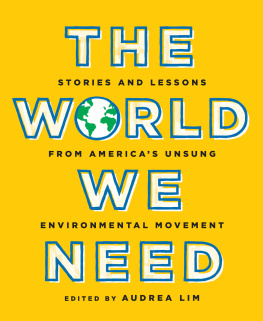
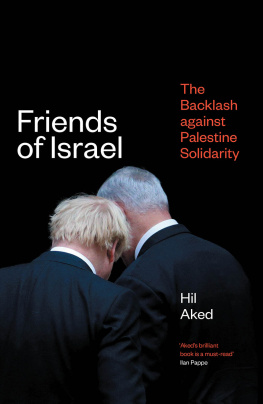
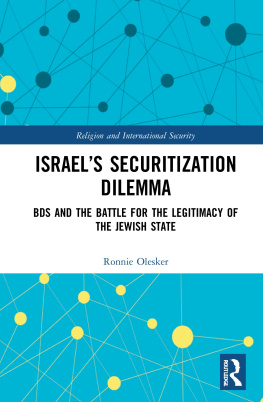
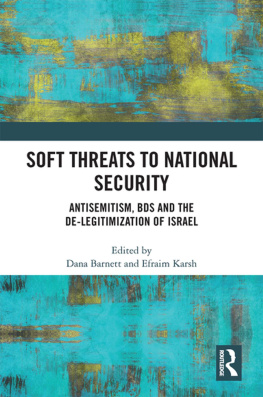
![Neve Gordon [Unknown] - Israel’s Occupation](/uploads/posts/book/114467/thumbs/neve-gordon-unknown-israel-s-occupation.jpg)
